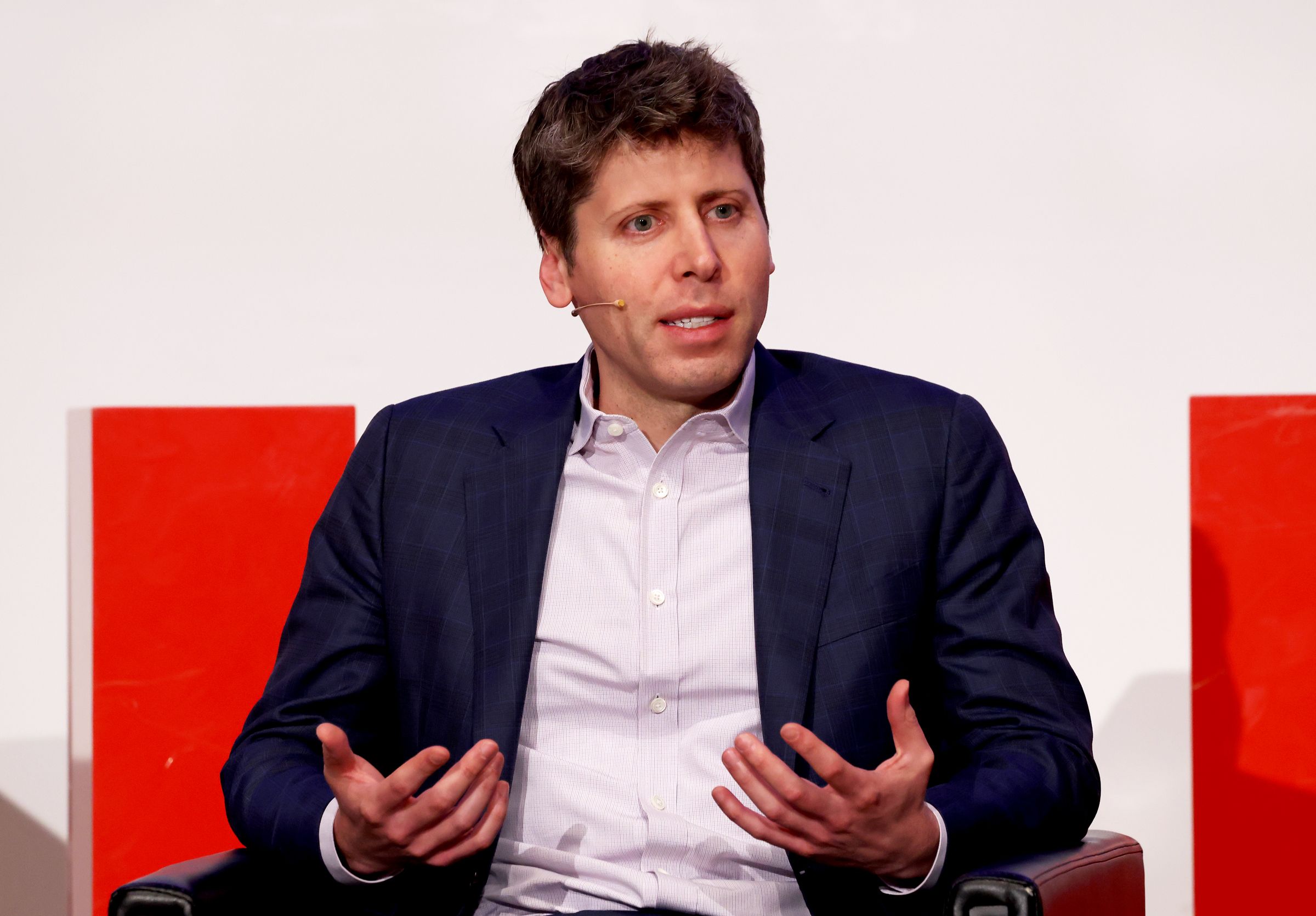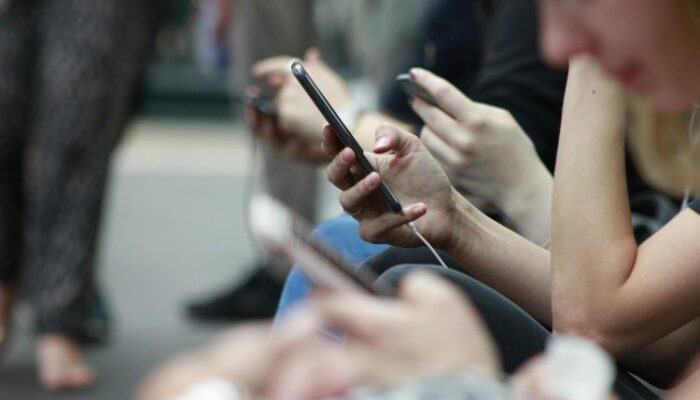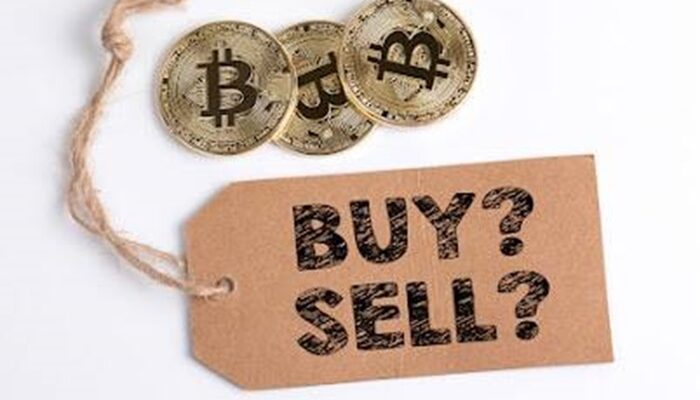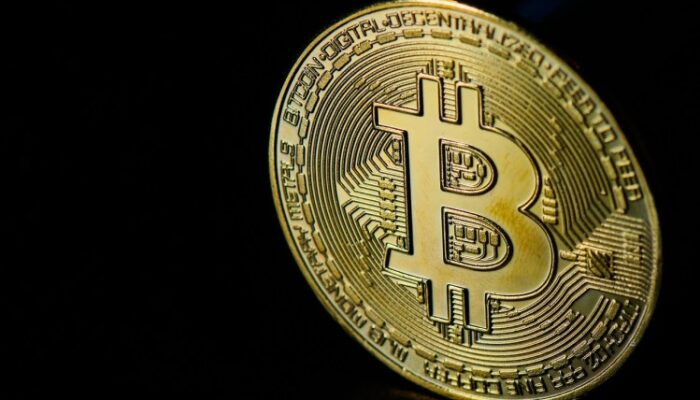Sam Altman’s iris-scanning, identify-verification technology startup says it will begin expanding to the US starting May 1 and will launch a phone-like hardware device by next year. Those changes—and a promised World-branded debit card—signal the company’s ambitions to develop a “super app”—a goal shared by Elon Musk.
Altman and Alex Blania, a German physics researcher, announced at an event in San Francisco Wednesday evening that their venture-backed company, Tools for Humanity, is updating its “World” products to include a new, smaller, eye-scanning orb. The device-and-app combo scans people’s irises, creates a unique user ID, stores that information on the blockchain, and uses it as a form of identity verification. If enough people adopt the app globally, the thinking goes, it could ostensibly thwart scammers.
Altman has expressed concern about the amount of fakery that new AI tools will enable, including the generative AI tools pioneered by his other startup, OpenAI, which is valued at $300 billion. So the World app, and its hardware component, are Altman’s solution to the problem.
“Proving personhood” is a hard thing to productize, and whiffs of a scam have plagued the startup since it launched. The project has also been scrutinized by foreign governments for its biometric data-capture and storage policies. But Altman and Blania haven’t been deterred.
The bizarre identity verification process requires that users get their eyeballs scanned, so Tools for Humanity is expanding its physical footprint to make that a possibility. The company will open six Apple-like stores in cities across the US, including one in San Francisco, where the floor around a wooden structure holding about eight orbs was being polished on Wednesday night. The orbs will also be accessible in Razer stores. Future scanning sites could include cafes and college campuses, the company said.
World first launched as Worldcoin in July 2024, the brainchild of Altman, Blania, and Max Novendstern, who is no longer at the company. Blania serves as CEO, while Altman remains his most prominent backer. As of March 2025 the company had raised $240 million in venture capital funding from big-name firms like Andreessen Horowitz, Khosla Ventures, Menlo Ventures, Bain Capital, and Coinbase Ventures, as well as individual investors like Reid Hoffman and the now-imprisoned Sam Bankman-Fried.
World’s network of users has “nearly doubled” in size in the last six months to roughly 26 million, the startup claims, and 12 million users have been verified with the orb. The company says it expects to generate revenue starting later this year through fees paid by apps that benefit from having users’ identities verified.
At the event on Wednesday—in a crowd filled with founders, engineers, and paid-to-attend-influencers—World said that it’s opening an Orb assembly line in Richardson, Texas with a US manufacturer, and estimates there will be a total of “7,500 orbs across the US by the end of this year.” But World wants to scale it beyond that, it said, and put more orbs “in the hands of the people.”
The startup’s solution to that is the Orb mini, a portable handheld device with two large camera “eyes” on it that will scan people’s irises on the go. This means this Orb is not actually an orb, in case the enterprise wasn’t weird enough. (Blania and Altman showed off the new device on stage, but journalists and other attendees didn’t have the opportunity to demo it.) The device is expected to ship in 2026.
A World-Branded Debit Card
At the event Wednesday night, World announced a World-branded, Visa-backed debit card that it plans to launch in the US later this year. The card is supposed to be a bridge between the kind of crypto tokens that World issues and standard fiat-backed currencies. The company says the debit card will let you spend your World currency at any location where Visas are accepted. Card users “may earn enhanced rewards on their AI subscriptions and services,” the company said, which could encourage signups of services like ChatGPT Plus, the $20 a month upgrade from OpenAI.
Courtesy of Tools for Humanity
Oddly enough, World’s official announcement around this Visa card twice refers to it as a “proposed” product: “This proposed card and rewards program will be a first-of-its-kind – optimized for the AI era.” Spokespeople for Tools for Humanity and Visa did not respond to inquiries about what this means.
The World mobile app is being updated to support more financial transactions, the company says, in an effort to make it useful for people who aren’t steeped in crypto. The new version will support more stablecoins, a type of cryptocurrency pegged to fiat currency. The company is also partnering with the payments processor Stripe so that people can use the World app to make payments on Stripe-supported websites.
The app offers access to a number of what it calls third-party “mini apps” that let people put their newly verified identity or freshly minted coins to work, including by playing games like Wordle against verified humans. Among the new options World announced on Wednesday was access to prediction betting app Kalshi.
A Partnership With Match Group
World and Match Group also announced they’re pairing up on a pilot project in Japan so Tinder users can verify their identity using World’s technology. The goal is to combat the rise of dating app scams. As with almost all of the other World use cases, this will require a person to not only be signed up for the World app, but to go through the process of sharing their biometric data in order to be officially verified. (Once a person is verified by staring into the void of an Orb device, the app indicates that their personal data has been wiped from the device itself.)
Courtesy of Tools for Humanity
The identity problems that Altman and Blania are looking to solve are legitimate—particularlyin an era when AI tools are being used in an ever-increasing number of scams. But World is also a for-profit cryptocurrency company that wants to build a borderless, “globally inclusive” financial network. And its approach has been criticized by privacy advocates and regulators. In its early days, World was explicitly marketing its services to countries with a high percentage of unbanked or underbanked citizens, and offering free crypto as an incentive for people to sign up and have their irises scanned.
Brazil and Hong Kong have banned Worldcoin or features associated with the service. Kenya, Portugal, and Spain all instituted temporary restrictions after World rolled out in those countries. The ban in Kenya lasted a full year, after a parliamentary committee found the company had violated Kenyan data-regulation rules.
Even with its expansion into the US, there appear to be roadblocks. The fine print on World’s announcement says that World is “not available for distribution via World App to people, companies or organizations who are residents of, or are located or incorporated in the State of New York or other restricted territories.” World has not yet responded to inquiries about why it apparently won’t operate in New York. At the time of writing, New York’s Department of Financial Services had not yet responded to WIRED’s request for comment.
Additional reporting by Paresh Dave.




